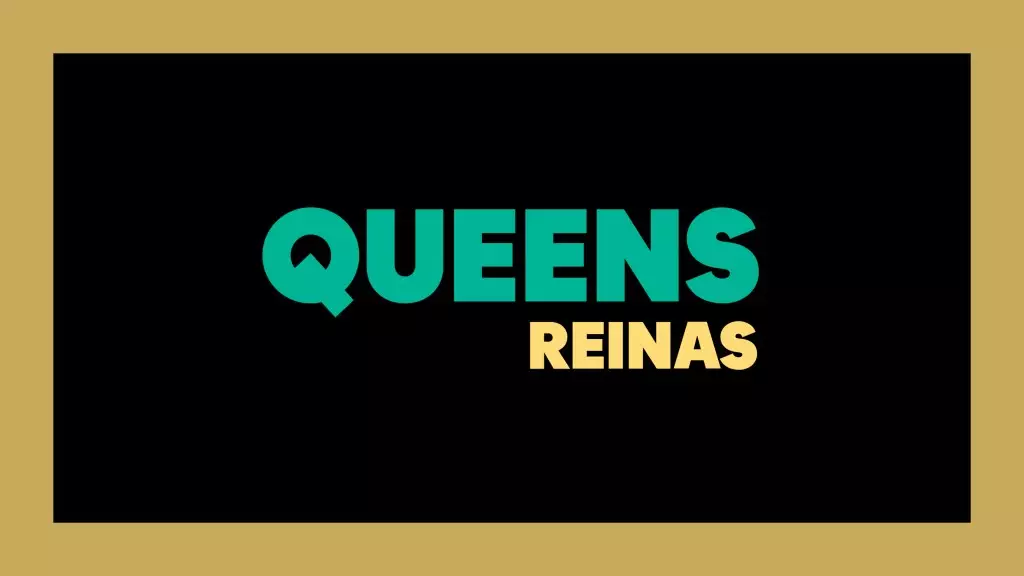“Queens” (Reinas), Switzerland’s official submission for the International Feature Film Oscar, takes audiences on an emotional journey set against the backdrop of a politically tumultuous 1992 Peru. Directed by Klaudia Reynicke, the film is a poignant exploration of family, identity, and the challenges of reconnecting with one’s roots, providing viewers with much more than mere entertainment. Despite being rooted in Peruvian culture, Reynicke’s venture into her homeland speaks to universal themes of familial love and longing, reflecting her personal journey as a Peruvian who has lived most of her life in Europe and the United States.
Reynicke herself underscores the importance of this film, stating that creating “Queens” was her avenue for cultural reconnection. Her statement, “I had a need of going back to Peru and shooting something in Spanish,” illustrates the intrinsic relationship between an artist and their homeland. With the rise of globalization, many individuals find their identities increasingly fragmented, and “Queens” delves into this struggle for belonging—an aspect that resonates with people from diverse backgrounds. Reynicke’s artistic expression serves as a powerful reminder of the importance of personal history in shaping our narratives.
At the heart of “Queens” is the poignant family dynamic involving single mother Elena and her two daughters, Lucía and Aurora. The film portrays Elena’s reluctance to leave Peru behind while seeking her estranged husband Carlos’s consent for their daughters to cross borders, thereby representing the emotional and bureaucratic obstacles faced by families during crises. The father’s character, portrayed by Gonzalo Molina, is deeply complex; he is a “broken man” who attempts to reclaim his place in the lives of his daughters by dubbing them “queens.” This choice of words highlights his admiration yet simultaneously illustrates his inability to bridge the emotional chasm created by his prolonged absence.
Aurora’s resentments towards Carlos reveal the layered emotions that children often grapple with when wrestling with parental shortcomings. Luana Vega’s portrayal of Aurora captures this emotional conflict, emphasizing how those who have lived with the repercussions of absence feel differently compared to those who have been less affected. Reynicke’s narrative skillfully weaves these tensions into the fabric of the film, creating a multifaceted portrayal of familial love interspersed with pain and unresolved issues.
“Queens” is not merely a saga of familial tribulations; it is also a reflection on broader social and political upheaval. During this tumultuous period in Peru, Reynicke ingeniously frames personal narratives against the macrocosm of societal struggles. The film becomes a compelling social commentary that situates personal loss within the context of national strife. The juxtaposition of personal and political turmoil invites viewers to ponder the ways in which larger societal issues permeate individual lives.
Moreover, Reynicke’s storytelling fosters a sense of intimacy and relatability. The familial bond strengthens as the characters navigate their impending separation, ultimately leading to a bittersweet resolution. This climax is not about the absolute closure but rather a life-affirming acknowledgment of growth and change within the family unit. Reynicke’s insight that “the family has gained in love and has gained in solidity” compels viewers to think about the transformative nature of relationships in the face of adversity.
As “Queens” continues to gain accolades—having premiered at Sundance and receiving awards at prominent film festivals such as Berlin and Locarno—it reaffirms the power of cinema to bridge cultural divides. It challenges audiences to engage with stories that may originate from different geographical locations yet resonate with shared emotional truths. Reynicke’s film serves as an illustration of how cinema transcends cultural barriers, fostering empathy and understanding through its exploration of familial love and resilience.
“Queens” exemplifies the unique ability of film to act as a conduit for personal and collective healing. As Reynicke stated, creating this film was instrumental in her reconnection with Peru, underscoring the notion that art can be both a personal journey and a universal reflection. The narrative, enriched by its characters and the social dynamics at play, invites audiences on a journey that resonates far beyond the borders of Peru, proving that stories of love, loss, and redemption are truly global.


Leave a Reply